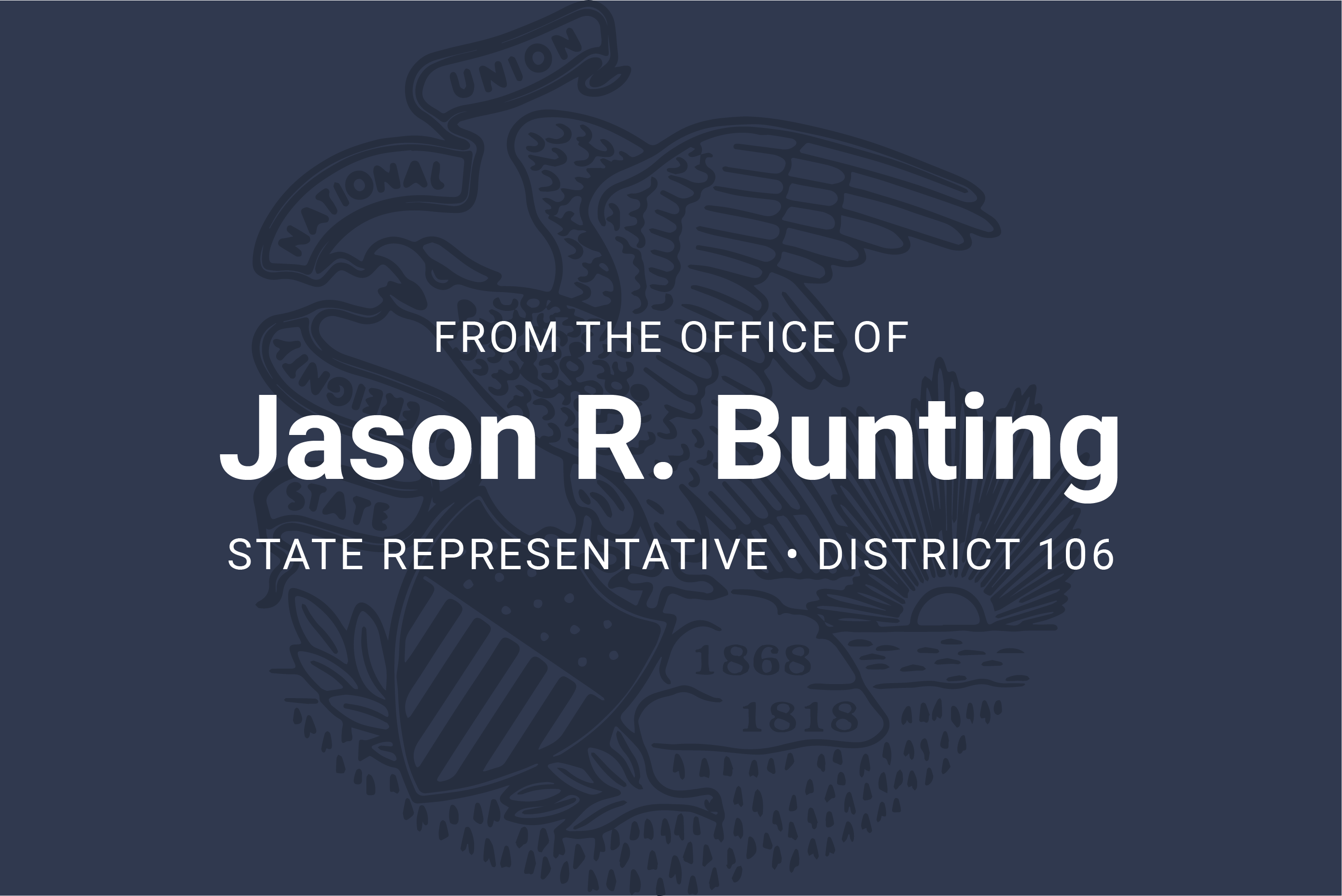In this issue:
- House Republicans discuss budget priorities ahead of State of the State
- Undocumented immigrant health care program more than $200 million over budget
- Another corruption sentence announced
- Illinois headlines
House Republicans discuss budget priorities ahead of State of the State address
Next Wednesday Governor Pritzker will come to the House chamber to offer his State of the State and budget address. In advance of the Governor’s remarks, House Republican leaders offered their perspective on the state’s budget situation.
Republican priorities for the upcoming spring session include rejecting any new taxes and making efforts to hold the majority party accountable for spending, while meeting our prior fiscal obligations. We must address our pension debt and fix mismanagement of state agencies. We will need to properly fund education and prioritize state services for Illinoisans. In addition, ethics reform has to be a priority this year.
House Republican Leader Tony McCombie repeated once again that “House Republicans want to be part of the solution,” and reached out to Governor Pritzker, Senate President Harmon and House Speaker Welch to work together. But she noted that it takes two to negotiate and that trust is sorely lacking after last year’s budget process.
Just a few days ago I joined with a bipartisan group of lawmakers in support of estate tax reform legislation. It’s an example of Republicans and Democrats working together on an important issue. I hope we can see similar cooperation on the important issues mentioned above.
Undocumented immigrant health care program more than $200 million over budget
Last spring the state budget contained a $550 million spending item to provide health care for undocumented immigrants in Illinois, even though some estimates suggested that the cost could in reality be much higher. Now the Pritzker administration has admitted that the program is already more than $200 million over budget.
Illinois has two such programs, Health Benefits for Immigrant Adults (HBIA) and Health Benefits for Immigrant Seniors (HBIS). Under federal law, neither of these programs are eligible for matching funds from the Medicaid program. As enrollment and costs soared, the administration put enrollment freezes in place for both programs. No new migrant patients can enroll in the programs, but costs have continued to rise. Anyone enrolled in the program before the freeze was put in place can still receive benefits. The Department of Healthcare and Family Services has enacted co-pays, but they are not enough by themselves to address the cost overruns. A spokesperson for that agency confirmed earlier this month that current trends lead them to believe the cost will be $773 million for this fiscal year, a $223 million cost overrun from the sum appropriated in the budget.
Another corruption sentence announced
I mentioned earlier the need for ethics reform legislation in the spring session. On Monday we got yet another reminder of why this reform is so necessary.
Tim Mapes, the former Chief of Staff to Speaker Mike Madigan, was sentenced to 2.5 years in prison following his conviction of obstruction of justice and making false declarations to a grand jury investigating corruption. Former Speaker Madigan goes on trial later this year. Mapes is just the latest in a long line of powerful figures in state government, be they legislators, lobbyists or influential local officials, who have been convicted on corruption charges in the last few years. Yet the General Assembly has taken little action to improve the state’s ethics laws and clean up the corruption in Springfield.
House Republicans have filed numerous bills, last year and again this year, to reform the state’s ethics laws. The proposals run from prohibiting politicians from using their campaign funds to pay legal bills, to expanding the laws governing lobbyist regulations, to prohibiting legislators from becoming lobbyists until they have been out of office for a longer period of time. Few of these proposals have advanced, and the corruption has continued to occur. This needs to be the year that things change for the better.
Our current bill backlog
When a vendor provides the state with goods and services, they submit the bill to the Illinois Comptroller for payment. The Comptroller processes the paperwork and pays the bill when funds are available in the state’s checking account. Currently the total amount of unpaid bills is $1,590,546,389. This figure changes daily. Last year at this time the state had $2.8 billion in bills awaiting payment. This only includes bills submitted to the Comptroller for payment, not unfunded debts like the state’s pension liability, which is well over $100 billion.
Illinois headlines
Gun rights groups ask SCOTUS to review Illinois’ assault weapons ban
Illinois allocates $1 million for Made in Illinois grant program
Soybean Association seeking nominations for 20-Under-40 Awards for standout young farmers
Illinois taxpayers to see newly expanded Earned Income Tax Credit this year, officials say
True Love: Central Illinois couple has been married 72 years
